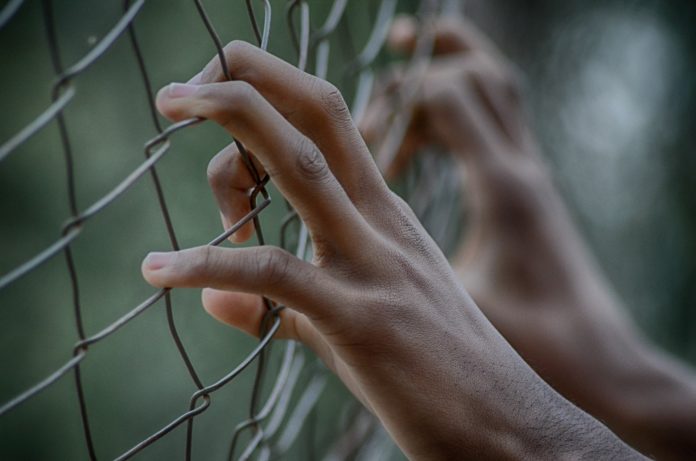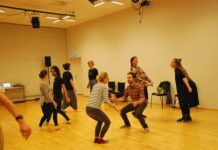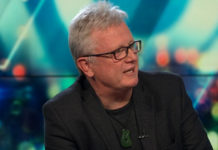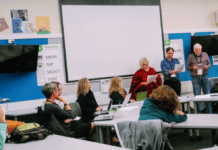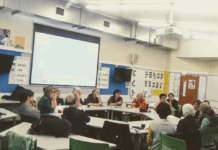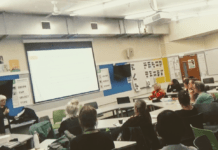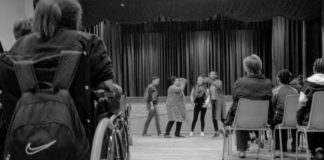Our Ancestors, Our History, Our Lost Culture was a devised performance given by women inside Brisbane Women’s Correctional Centre in 2017. The performance dealt with the forced removal and institutionalization of Indigenous Australian children – the Stolen Generations. I will consider the notions of distance and displacement through the heterotopic qualities of this project and the resulting performance. Michel Foucault proposed heterotopia as a spatial term for the “counter-sites” which both reflect and oppose society’s norms: sites such as prisons, ships, colonies, formal gardens and theatres. The concept has since been taken up by cultural geographers, and recently by theatre scholar Joanne Tompkins who proposes heterotopia as a conceptual “bridge between theatre and cultural politics and practice”. I will explore the layering of concrete and imaginary heterotopic spaces that existed in this project, and how this layering potentially interacted with the political and cultural contexts surrounding the work.
Sarah Woodland:
A researcher, practitioner and educator in arts, theatre and performance. She has over 20 years’ experience in the arts and cultural sectors in Australia and the UK, with a particular focus on socially engaged and participatory practices and research. From 2001-2004, Sarah was a member of acclaimed prison theatre company, Geese Theatre UK. She then spent over 10 years at Griffith University undertaking arts research, teaching Contemporary and Applied Theatre, and leading university-industry partnerships and placements for students through the award-winning Learning and Teaching program, Theatre Scope. In 2016, Sarah was appointed as Research Fellow on the Queensland Conservatorium Research Centre’s ARC Linkage project, Creative Barkly: Sustaining the Arts and Culture Sector in Remote Australia. She is passionate about her practice-led research in prisons, having delivered participatory drama with women at Brisbane Women’s Correctional Centre since 2011.


